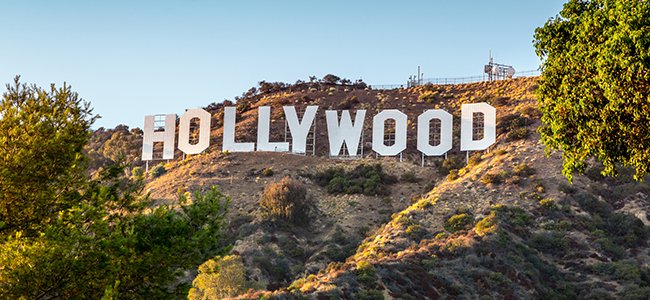Entertainment Law Center

The entertainers and superstars whom we love to watch on television and the big screen often have a team of lawyers behind the scenes negotiating deals and resolving disputes. Due to its dynamic nature, entertainment law encompasses a wide variety of legal fields, including intellectual property, copyright, international law, and employment law. Although most of entertainment law consists of transactions, there are many legal disputes that arise over the terms of these agreements and the royalties to which an individual may or may not be entitled. Many entertainment lawyers take on multiple rules, serving as legal counsel, talent management, and confidants to stars and entertainers. As a result of their close proximity to celebrities’ private lives and daily happenings, many entertainment lawyers are required to sign nondisclosure agreements. These agreements prevent the lawyer from sharing any of the celebrity’s private information, including photographs and video footage, with the media or general public.
Entertainment law can be divided into a number of categories. For example, the music industry frequently uses talent agreements to retain musicians and composers and to ensure that they will not sell or distribute their talents to another agency or company. The rise of the Internet era has created a host of problems for record companies, which struggle to compete with the increasing rate at which music is distributed online free of charge—with or without the artists’ consent. Music labels frequently bring lawsuits against websites that illegally pirate and redistribute music and other media.
Publishing and print media issues typically involve disputes with advertising agencies, models, authors, and general intellectual property disputes. Advertisers pay magazines sizeable sums of money in order to have their products or services featured in their pages. If the magazine fails to uphold its end of the bargain by failing to run the ad campaign for the agreed upon number of issues, the advertising agency can sue the magazine for breach of contract. Plagiarism is all too frequent in the literary world, and many authors are forced to bring lawsuits to stop a plagiarist from continuing to claim the author’s work as their own.
Visual arts and theater companies encounter a wide variety of legal disputes, including disagreements over the leasing of theater space. Movie production companies and theater production companies sometimes employ thousands of individuals throughout the course of the development and production of a single movie or play. Naturally, this creates boundless opportunities for labor and employment disputes to arise. Many workers in the entertainment industry have created unions or guilds to promote fair wages and workplace conditions.
A popular legal theory of recovery available to public figures is known as the right of publicity, or personality rights. The right of publicity provides an individual with the right to control the commercial use of his or her image, likeness, name, or other characterization of his or her identity. Some companies advertising campaigns teeter dangerously close to using images and likenesses that resemble popular celebrities without first obtaining the celebrities’ authorization and approval. Since it is considered a property right and not a personal right that attaches with the individual, the right of publicity sometimes can survive an entertainer’s death and allow his or her heirs to bring a lawsuit seeking compensation for the unauthorized usage of the decedent’s likeness for a commercial purpose.